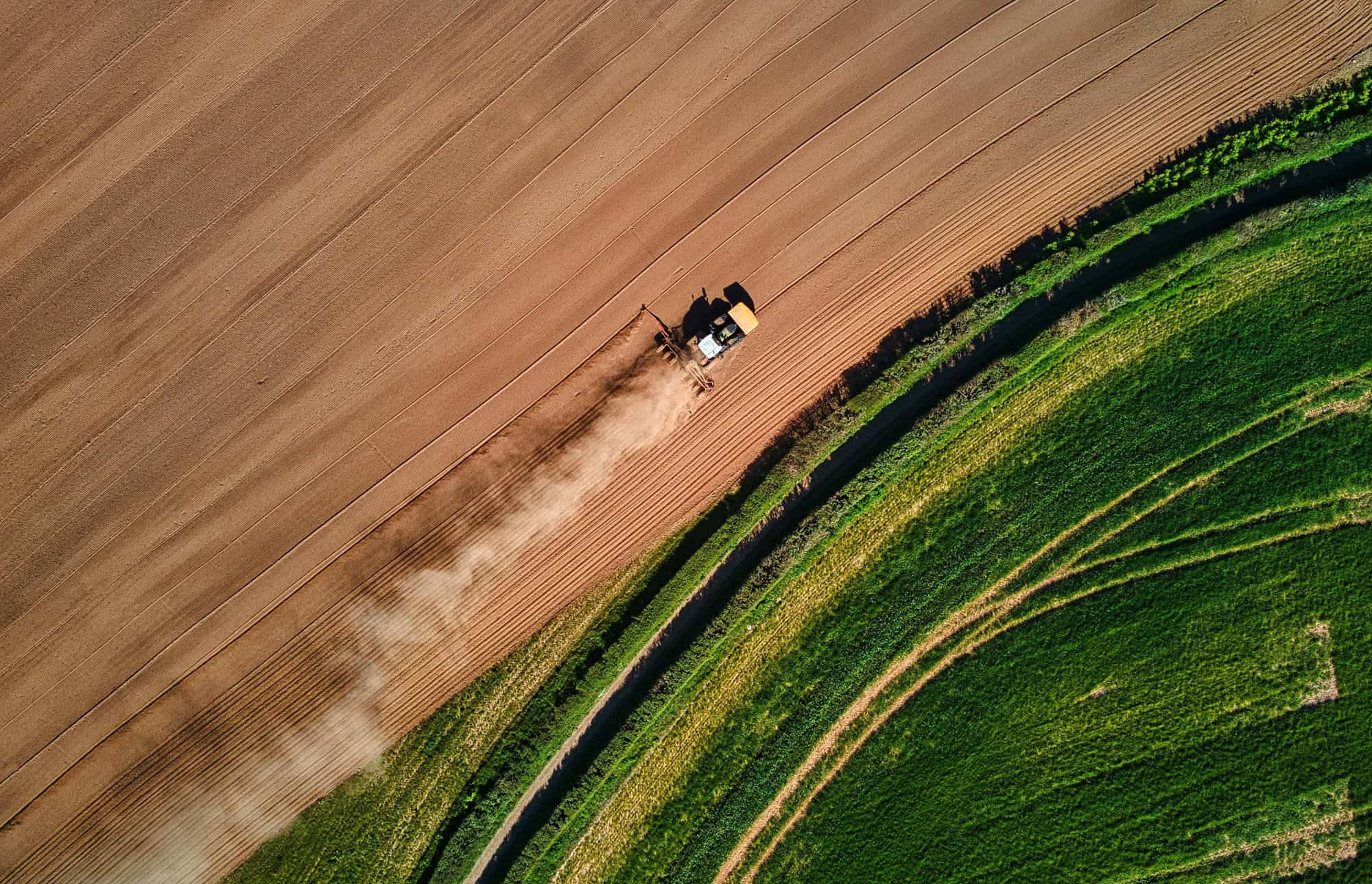Farms today are no longer simply fields, barns and tractors. Digital tools—from cloud-based accounting, online payments and remote sensors through to connected tractors, drones and livestock monitors—are reshaping how agriculture operates.
As a result, the issue of cyber security for farmers has become critical. What was once an IT after-thought now poses real threats to productivity, profitability and resilience.
Why cyber security for agriculture matters
In the agricultural sector, operations often span large rural estates, sometimes with limited connectivity, legacy infrastructure and minimal dedicated IT expertise. As Akita’s “IT Support for Agriculture & Farming” page notes, organisations face “cyber threats targeting smart farming devices or business-critical systems”.
Meanwhile, the National Cyber Security Centre (NCSC) and National Farmers’ Union (NFU) guide on “Cyber Security for Farmers” highlights how the increasing use of online accounting tools, automated payment systems and connected equipment extends the attack surface of farms.
Put simply: For farms, cyber risk is no longer abstract. It is tangible. A malware infection might shut down a milking parlour, a phishing campaign might compromise payroll or payment systems, and ransomware could lock vital farm management software just at harvest time—delaying work, creating waste and hitting the bottom line.
Typical threat vectors in agriculture
While threats can come in many forms, some are favoured more than others. Here are the key threats that farms must understand when addressing cyber security for farmers:
-
Phishing and social engineering
Attackers exploit human vulnerability. Scam emails, text messages and phone calls are a major starting point for compromise. A compromised login can give access to farm accounts, payment portals or connected infrastructure. -
Ransomware and malware
Farms are vulnerable because they increasingly use connected devices – but may lack advanced security monitoring. Research shows malware detections in agriculture surged (607 % increase in one period) and ransomware remains the biggest cyber threat to UK businesses. A single infected machine may propagate across the network, disrupt critical systems and demand a ransom just when operations cannot afford downtime. -
IoT and legacy equipment vulnerabilities
Many farms deploy sensors, drones, smart tractors, livestock monitors and other “smart-farming” tools. While these deliver efficiency, they also expand the attack surface. As one briefing noted: “anything connected to the internet can be breached”. Older machinery, equipment retrofit with connectivity or legacy systems often lack proper security controls, making them ground zero for attackers. -
Supply-chain and third-party risk
Farms seldom operate in isolation—there are seed suppliers, contractors, logistics, machinery vendors and software providers. A breach in one can affect many. The agriculture-food chain is deeply interconnected, and the risk of disruption from upstream or downstream weak links is high. -
Operational disruption and safety risk
Unlike purely data-centric businesses, farms face operational consequences: if refrigeration fails, crops spoil; if automation is tampered with, animal welfare suffers. One food-system report noted that the attack surface in farming is unique because disruption can ripple into safety, waste and reputational damage.
Cyber security for agriculture: Why the industry is a target of choice
Understanding what makes farms vulnerable allows you to prioritise cyber security for agriculture effectively:
-
Rural connectivity and infrastructure constraints: Farms may have unreliable broadband, legacy networks or remote field sites, limiting the ability to apply patching, monitoring or segmented networks. Akita’s page mentions “limited or unreliable connectivity” as a challenge.
-
Resource constraints and awareness gaps: Many farms are SMEs, often with few IT-dedicated personnel or limited cyber security budgets. This makes basic cyber hygiene harder to maintain.
-
Rapid digitisation without corresponding security: While smart farming promises efficiency gains, the pace of adopting new tech often outstrips planned security controls. The result? More connected devices, more potential entry points.
-
High-value data, tight margins: Farms accumulate valuable data – crop yields, supply contracts, traceability info – and operate with slim margins. A cyber-incident can quickly become financially devastating.
-
Critical timing and perishability: As one report noted, a delay of mere hours in perishable operations risks spoilage and wasted inputs. Cyber-disruption at key moments (harvest, payment windows, supply chain peaks) is especially harmful.
What farms can do — a layered approach to resilience
Effective cyber security for farmers starts with clear governance, staff awareness and visibility of all connected systems. Keeping software updated, enforcing strong passwords and multi-factor authentication, installing robust protection tools, and isolating networks between office and operational systems together form a strong first line of defence.
Reliable data backups, tested recovery processes and a clear incident response plan ensure continuity when disruptions occur. Meanwhile, securing IoT devices through firmware updates, password changes, and network segregation limits unauthorised access and manipulation.
Assessing supply-chain risk by reviewing vendor access, enforcing clear security standards, and restricting external system entry reduces exposure to third-party breaches. Continuous monitoring, periodic audits and alignment with standards like Cyber Essentials reinforce long-term resilience.
Why acting now is a strategic priority
Addressing cyber security for agriculture isn’t just about avoiding disruption—it protects operational continuity, ensures compliance, strengthens supplier confidence and secures data critical to business performance. Farms that take a proactive approach to cyber resilience position themselves for sustainable digital growth and long-term success.
How Akita supports the farming community
Akita provides IT and cyber security services tailored to the agricultural sector. From protecting smart-farming systems and cloud data to delivering Cyber Essentials accreditation and 24/7 threat monitoring, Akita helps farmers safeguard productivity and profitability. Whether you run a single site or a nationwide operation, our specialists design secure, connected environments that keep your business resilient against modern cyber threats.
Discover how Akita can help strengthen your farm’s digital defences — get in touch our team today:
Contact Us



